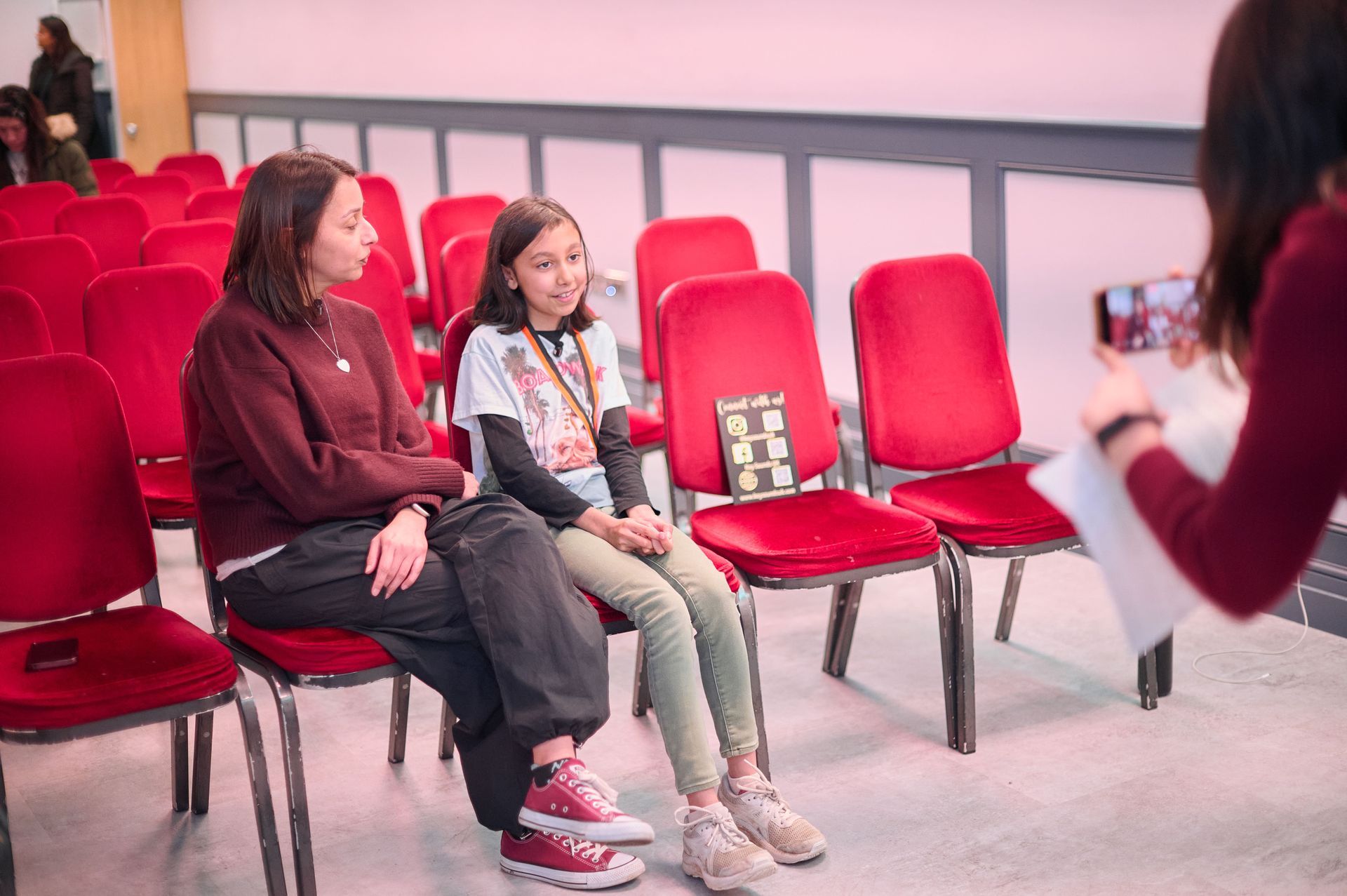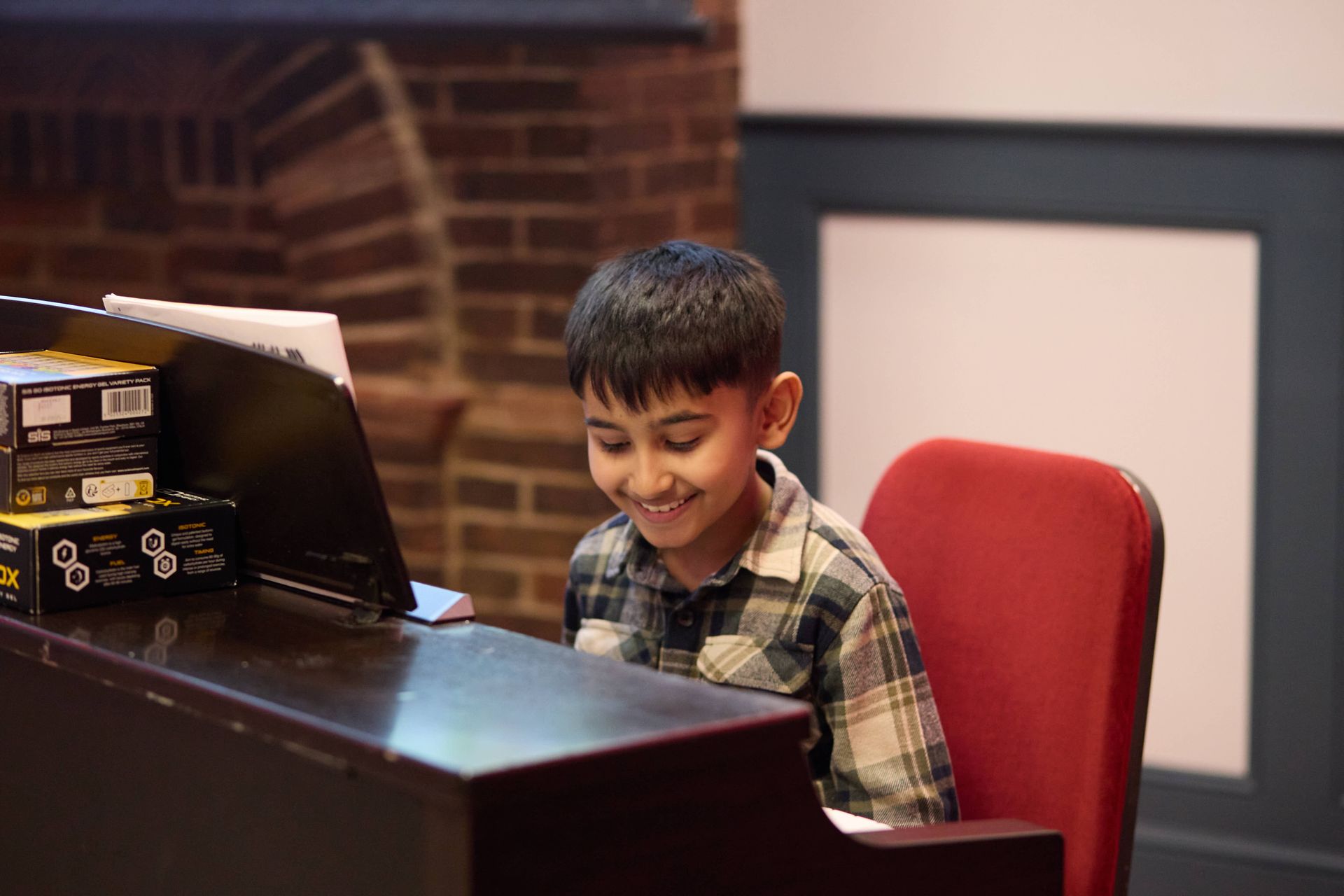How to Build a Long Term Passion for Playing the Piano
Passion doesn’t just happen it’s cultivated. Whether you’re a beginner or a seasoned player, building a long-term love for the piano is within reach. Here’s how to make it last.
1. Create a Meaningful “Why”
Before you even touch the keys, ask yourself: Why do I want to play piano? Is it to express emotions? To play your favorite songs? To connect with others? Identifying your personal “why” gives your practice purpose and keeps motivation alive during tough times.
Action Step: Write down your top 3 reasons for playing the piano. Post them where you practice.
2. Make Practice Enjoyable, Not Just Routine
Rigid routines can lead to burnout. Blend structure with freedom by mixing technical work with creative play.
Action Step: Try the “80/20 rule”: Spend 80% of your time on structured goals (like scales or assigned pieces), and 20% exploring: improvise, compose, or learn a favorite song by ear.
3. Set Small, Inspiring Goals
Instead of vague goals like “get better,” aim for specific milestones that excite you, like “learn the intro to ‘Clair de Lune’” or “memorize one piece this month.”
Action Step: Set a short-term (1–2 week) goal and a medium-term (2–3 month) goal. Reward yourself when you hit them.
4. Surround Yourself with Musical Inspiration
Listen to a variety of piano music - classical, jazz, film scores, or even video game soundtracks. Inspiration from other artists fuels your curiosity and growth.
Action Step: Create a personal piano playlist with pieces that move you, and add to it regularly.
5. Celebrate Progress, Not Just Perfection
Progress isn’t always linear. Acknowledge improvements, no matter how small, and avoid the trap of constant self-criticism.
Action Step: Keep a journal of musical “wins” each week, like “finally nailed that left-hand pattern” or “played for my cousin.”
Remember: Passion is nurtured, not found. Stay curious, stay patient, and keep playing.
Get in touch to find out more information here: www.keysoundsuk.com/contact



